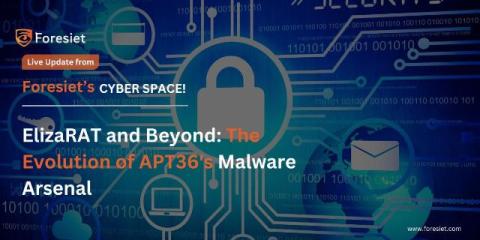Fireblocks x Uniswap Labs: Bringing Unichain to the Fireblocks Network
Today, we’re excited to announce that Fireblocks has expanded our blockchain support with the addition of Unichain – a Superchain L2 built by Uniswap Labs that’s designed to be the home for DeFi and liquidity across chains. At Fireblocks, we are committed to continually delivering the fastest blockchain support and building secure solutions to access and trade across DeFi platforms.











